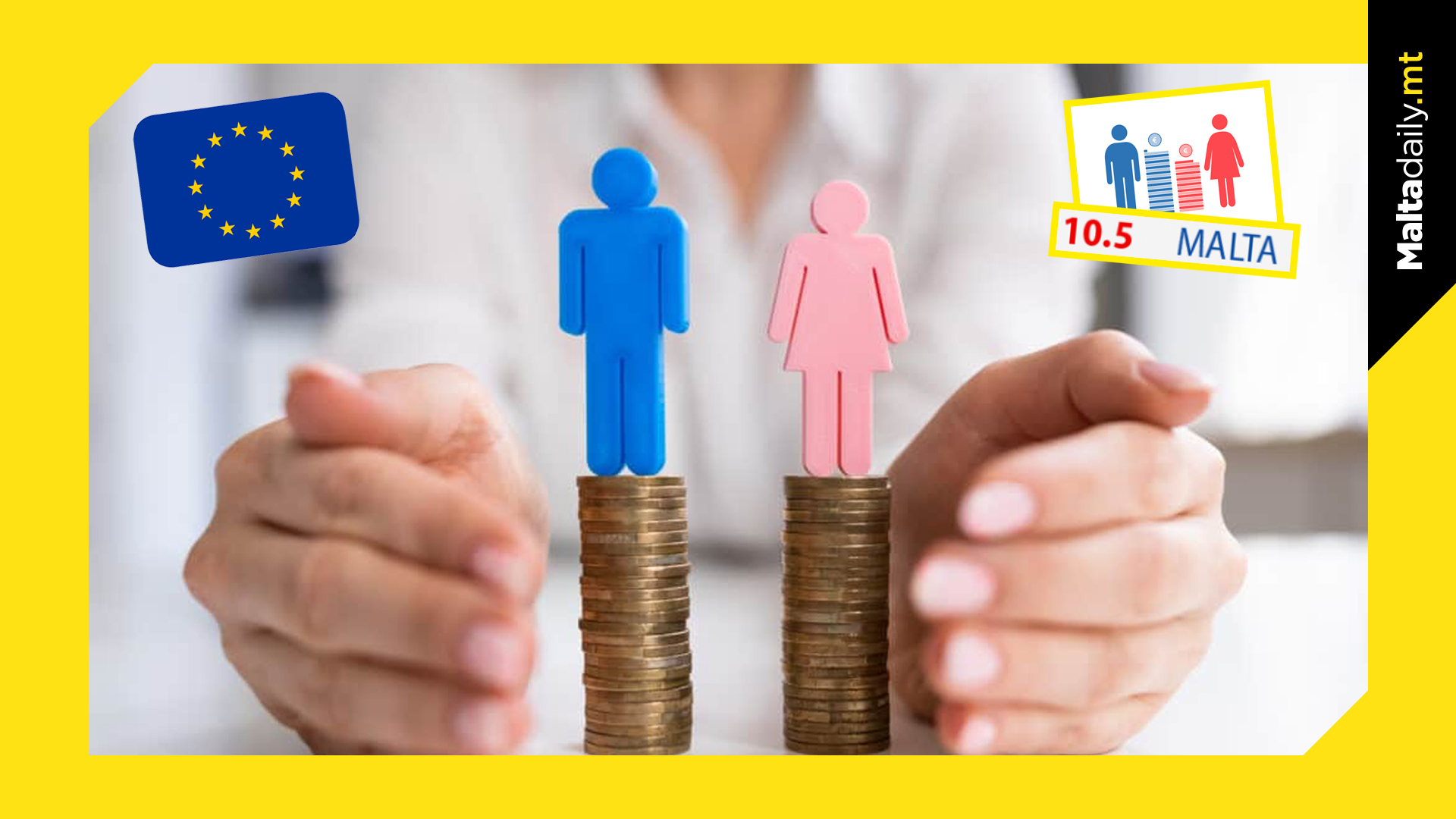
It has been over 25 years since the UN’s Beijing Declaration aimed to promote equality between men and women. Despite progress, the issue of gender equality remains, particularly when it comes to the gender pay gap. On average, women in the European Union are paid less than men.
However, a narrower gender pay gap does not necessarily indicate more gender equality. It can occur in countries with lower female employment rates. In contrast, a high pay gap may suggest that women are more concentrated in low-paid sectors or that many work part-time.

The gender pay gap is not straightforward and stems from numerous factors. While more women than men finish higher education in the EU, women are still underrepresented in the labor market. In 2022, almost one-third of women worked part-time, compared to only 8% of men. Women are more likely to take career breaks to care for children and relatives.
The gender pay gap also grows with age, potentially due to career breaks by women. Moreover, it varies by industry and was higher in the private sector than in the public sector in most EU countries in 2021.
The overrepresentation of women in lower-paying sectors and underrepresentation in higher-paid sectors is a significant factor in the gender pay gap. For example, in 2021, women held 34.7% of managerial positions in the EU on average.
The gender pay gap puts women at a higher risk of poverty in old age, as women aged over 65 in the EU received pensions that were on average 28.3% lower than pensions received by men in 2020. The gap varied between member states, from 0.1% in Estonia to 41.5% in Malta.
The European Parliament is taking action to address the gender pay gap. In December 2022, negotiators from the Parliament and EU countries agreed that EU companies would be required to disclose information to expose gender pay gaps. In March 2023, the Parliament adopted new rules on binding pay-transparency measures. Employers will have to conduct joint pay assessments with worker representatives if pay reporting reveals a gender pay gap of at least 5%. EU countries will impose penalties, such as fines, for employers who break the rules.
Moreover, vacancy notices and job titles will have to be gender-neutral. The Council still needs to approve the agreement formally for the rules to come into effect.
#MaltaDaily










